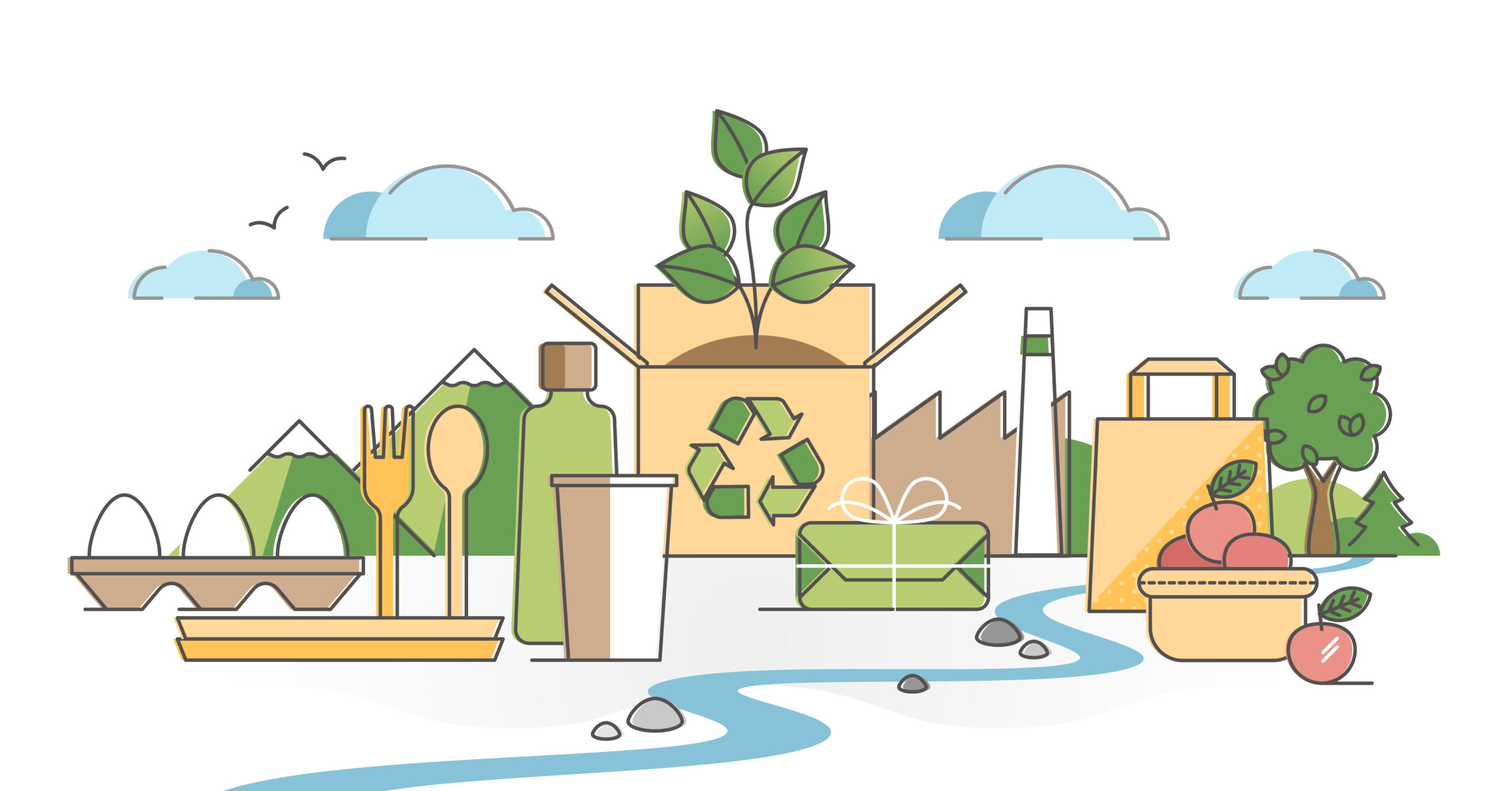In today's environmentally conscious world, finding sustainable solutions for waste management is crucial. Two popular options that often come to mind are compostable and recyclable materials. Both aim to reduce the environmental impact of waste, but which is truly better? In this blog post, we will delve into the intricacies of compostable and recyclable materials, exploring their benefits, limitations, and environmental implications. By the end, you will have a comprehensive understanding of these options, enabling you to make informed choices for a greener future.
- Understanding Compostable Materials:
Compostable materials refer to organic matter that can break down naturally and return to the soil, enriching it with nutrients. These materials include food waste, yard trimmings, and certain types of packaging. Composting not only reduces waste sent to landfills but also produces nutrient-rich compost that can be used in agriculture and gardening. However, the composting process requires specific conditions, such as temperature, moisture, and oxygen levels, which may limit its widespread applicability. - Exploring Recyclable Materials:
Recyclable materials, on the other hand, are products that can be processed and transformed into new items. This process typically involves collecting, sorting, and reprocessing materials like paper, plastic, glass, and metal. Recycling conserves resources, reduces energy consumption, and decreases the need for raw materials. However, not all materials are easily recyclable, and contamination or improper sorting can hinder the recycling process, rendering some items non-recyclable. - Environmental Impact Comparison:
When evaluating the environmental impact of compostable and recyclable materials, several factors come into play. Composting reduces methane emissions from landfills, mitigating climate change. It also helps improve soil health and reduces the need for chemical fertilizers. On the other hand, recycling conserves energy, reduces greenhouse gas emissions associated with the production of new materials, and decreases the extraction of finite resources. Both options contribute positively to sustainability, but the specific environmental benefits may vary depending on the materials and processes involved. - Considerations for Decision-Making:
To determine which option is better, several considerations must be taken into account. Firstly, the nature of the waste itself plays a significant role. Organic waste, such as food scraps, is better suited for composting, while materials like plastic and glass are more suitable for recycling. Secondly, the availability of composting and recycling facilities in your area should be considered. If composting facilities are scarce, recyclable materials may be a more viable option. Lastly, the end use of the recycled or composted materials should be evaluated. Understanding the market demand for these products ensures that the waste management process is truly sustainable.
Conclusion:
In the quest for sustainable waste management, both compostable and recyclable materials have their merits. Composting offers a natural way to return organic matter to the soil, while recycling conserves resources and reduces energy consumption. The choice between the two depends on various factors, including the type of waste, local infrastructure, and end-use considerations. Ultimately, a combination of composting and recycling, along with waste reduction efforts, is key to achieving a circular economy and a greener future for generations to come.


